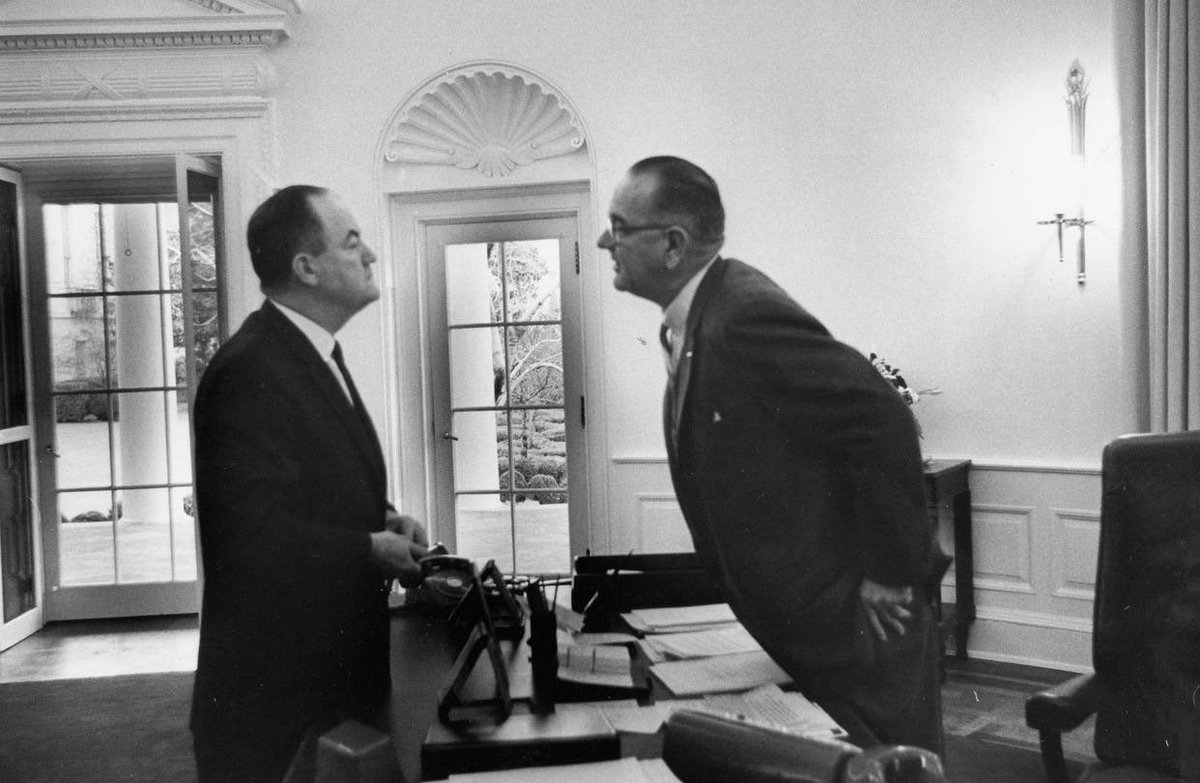
THREAD: 20 years ago today, the best known daily intelligence item in history—the article "Bin Laden is Determined to Strike"—appeared in George W. Bush’s President’s Daily Brief.
Here’s the story of its creation, based on my interviews with its author and intel leaders:
1/12
Here’s the story of its creation, based on my interviews with its author and intel leaders:
1/12

During the summer of 2001, Director of Central Intelligence George Tenet was telling everyone who would listen that “the system was blinking red.”
The CIA-based Counterterrorist Center (CTC) had been warning for months that al-Qaida seemed primed for a major attack.
2/12
The CIA-based Counterterrorist Center (CTC) had been warning for months that al-Qaida seemed primed for a major attack.
2/12
From January 20 to September 10, more than forty pieces in the PDB alone related to Bin Ladin.
In response to such analysis, the president several times asked @MichaelJMorell, his CIA daily intel briefer, about the prospects for an attack in the United States itself.
3/12
In response to such analysis, the president several times asked @MichaelJMorell, his CIA daily intel briefer, about the prospects for an attack in the United States itself.
3/12
Memories differ on the actual genesis of the August 6 article.
Bush wrote in his memoirs that he requested the item. National Security Advisor Condi Rice testified similarly, calling it “in response to questions of the president … not a particular threat report.”
4/12
Bush wrote in his memoirs that he requested the item. National Security Advisor Condi Rice testified similarly, calling it “in response to questions of the president … not a particular threat report.”
4/12
Tenet, however, later wrote that Morell wanted the piece to fill a *perceived* presidential need, not necessarily to answer a specific tasking from Bush: “Mike asked our analysts to prepare a piece that would try to address that question.”
Morell recalls it similarly.
5/12
Morell recalls it similarly.
5/12
The CTC officer tasked to write the article for the PDB told me her manager “implied the White House was asking for it,” but admitted, “Maybe the managers decided to do it. Maybe Michael decided he needed it.”
Either way, she had to write. And quickly.
6/12
Either way, she had to write. And quickly.
6/12
The article crisply conveys al-Qaida’s steady historical interest in attacking the US—a concise but cogent argument about *intent*.
But on the other half of any threat calculation—the *capability* for such a strike—the piece offers only vague and brief information.
7/12
But on the other half of any threat calculation—the *capability* for such a strike—the piece offers only vague and brief information.
7/12
The fault lies largely with the narrow and shallow pre-9/11 process for getting FBI information into the PDB.
The article’s author of simply called an FBI contact of hers, who provided a line about FBI full-field investigations. In a phone call That’s it.
8/12
The article’s author of simply called an FBI contact of hers, who provided a line about FBI full-field investigations. In a phone call That’s it.
8/12
The senior FBI manager with the most experience watching al-Qaida in the US, Thomas Pickard, didn’t see the PDB article at all.
Perhaps if more people at the FBI had been involved, the report would have included other relevant information about al-Qaida activity in the US.
9/12
Perhaps if more people at the FBI had been involved, the report would have included other relevant information about al-Qaida activity in the US.
9/12
The lead author of "Bin Laden is Determined to Strike" told me she gives her editors credit for cutting extraneous text from her draft and improving her original title, which she recalls as something like “Attacks in US a Goal for al Qaida.”
10/12
10/12
But she told me that she regrets not hitting the main point harder.
“I’ve thought a lot about how the article reads. It would have been better to say, ‘All these threats we have seen all summer could be in the United States.’”
11/12
“I’ve thought a lot about how the article reads. It would have been better to say, ‘All these threats we have seen all summer could be in the United States.’”
11/12
If you’re interested in such stories surrounding presidents and their daily Top Secret intelligence, check out my history of it all—featuring interviews with presidents, vice presidents, CIA directors, and many others.
/end
amazon.com/Presidents-Boo…
/end
amazon.com/Presidents-Boo…
• • •
Missing some Tweet in this thread? You can try to
force a refresh











